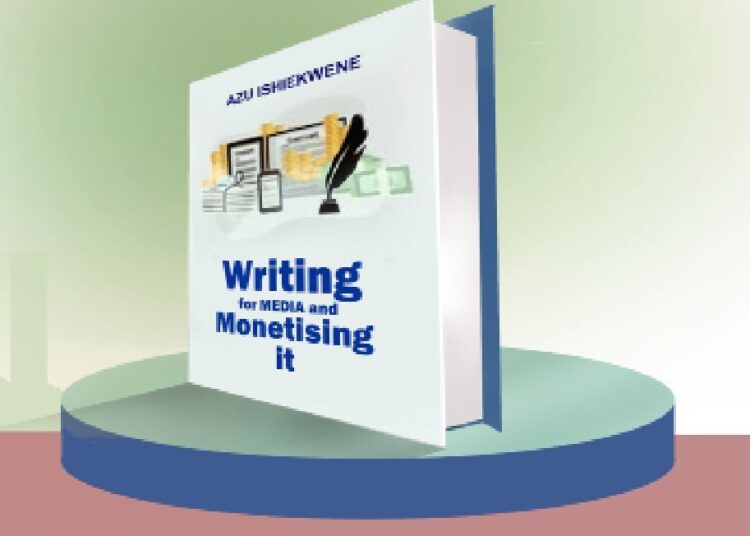A 280-page book, ‘Writing for Media and Monetising It,’ comprises 15 chapters and informative epilogues. It serves as innovative material and a gui
A 280-page book, ‘Writing for Media and Monetising It,’ comprises 15 chapters and informative epilogues.
It serves as innovative material and a guide for students, professionals, and scholars of the media who increasingly want roadmaps for navigating the maelstrom that media practice has become.
The book chronicles various levels of disruption that have affected media practice, particularly in how they impact and can more saliently enhance practitioners’ livelihoods.
Of necessity, it identifies and seeks to bridge knowledge gaps, towards a renewed engagement with the economics of the media in these times; importantly, how writers and content creators can stay within the cusps of innovation, and thereby keep their work in demand, towards better compensation.
Part autobiographical, part personal reflection on a profession undergoing forceful transfiguration, and part manual for keen media workers or career pilgrims on how to leverage their skills for more worthwhile recompense, the writer, Azu ishiekwene’s didactic form of storytelling is masterly in its subject command and projections.
Speaking about what incubated his idea of the book on Monday, the veteran journalist said he wrote the book because he felt the need to give back to the craft that fostered him.
He maintained that the book fills the gap in the shortage of resources required in the field of journalism, especially for young journalists, writers, and content creators.
“The book is a requirement for ‘navigating the exciting maelstrom that the media – and its various iterations or strands of practice – have become. Clear, simple and concise writing is a craft. Writing for Media and Monetising It is not only about such writing. It is also about how to get compensation for it.
“The book provides a step-by-step approach, with lots of examples and insights on media law, writing for impact and syndication, generative AI and how to manage feedback and trolls, among other things. The unique quality of the book is that it combines the seasons that fostered my career, to borrow from Sonala Olumhense’s blurb, with a narrative of how younger writers can take advantage and be rewarded by evolving trends in the media,” he added.
Ishiekwene stressed that the 15-chapter book draws heavily from interviews with some of the best, from Abimbola Adelakun, Fisayo Soyombo, Ruona Meyer, Farooq Kperogi, Sam Omatseye, Toyosi Ogunseye, to Pulitzer Prize winner Dele Olojede, who gave an interview for the first time in 13 years.
